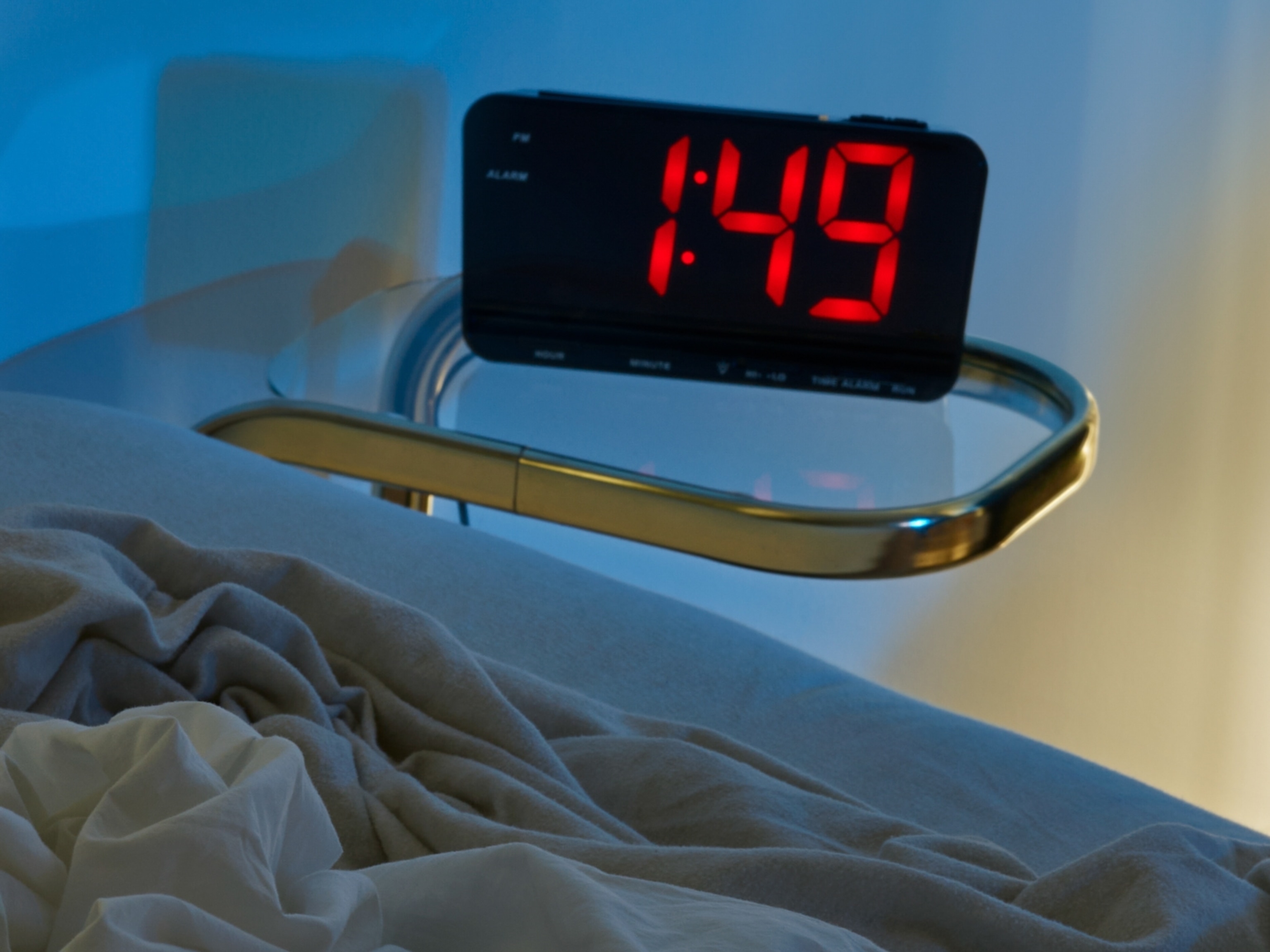
Secrets of Sleeping Soundly Uncovered
Sound sleepers' brains have "blockades" against noise, study says.
Sleep like a log? You can thank your spindles, rapid-fire brain waves that act as blockades against noise during sleep, a new study says.
For the research, study co-author Jeffrey Ellenbogen of Harvard Medical School recruited 12 self-described sound sleepers to spend three nights in his "comfy" lab.
The first night, the sleepers were treated to quiet conditions. But during the next two nights, scientists bombarded the subjects with several types of sounds—including jet engine roars and toilet flushes—after the people had fallen asleep. (Take National Geographic magazine's sleep quiz.)
Brain wave readings revealed that the more spindles a person had, the more likely he or she could stay asleep through the barrage of noises, Ellenbogen said.
(Related: "Naps Clear Brain's Inbox, Improve Learning.")
Seeking a "Sleep Utopia"
Everybody has spindles, which are controlled by the thalamus, a "way station" that conveys sensory information to other parts of the brain, Ellenbogen said. (Related: "Beyond the Brain" in National Geographic magazine.)
But there's still much that's unknown about these "sleeping" brain waves. For instance, it's a mystery why some people have more spindles than others, Ellenbogen said. (Read about the secrets of why we sleep in National Geographic magazine.)
Still, the new research may bring Ellenbogen and colleagues closer to creating a "sleep utopia" for troubled slumberers, he noted.
Fractured sleep—when a person wakes up many times a night—is "disturbingly prevalent in our society, partly due to insults from a variety of noises," according to the study.
In addition to early-morning garbage trucks and creaking pipes, people are increasingly surrounded by technology that may produce irritating "beep and boops," Ellenbogen said.
(See "U.S. Racking Up Huge 'Sleep Debt.'")
"Now we can leverage this naturally occurring process [of spindle generation] and use that as a tool to prevent the sleeper from disruption," he said. For instance, it may be possible to design a drug that would enhance spindles in light sleepers.
In the meantime, testing a person's spindle activity may help predict an individual's tolerance to noise, Ellenbogen added.
This could help with life decisions, he said, such as: "Should I take the job that puts me in the city, where I'm [in] urban chaos?"
The sound-sleep research will appear August 10 in the journal Current Biology.




